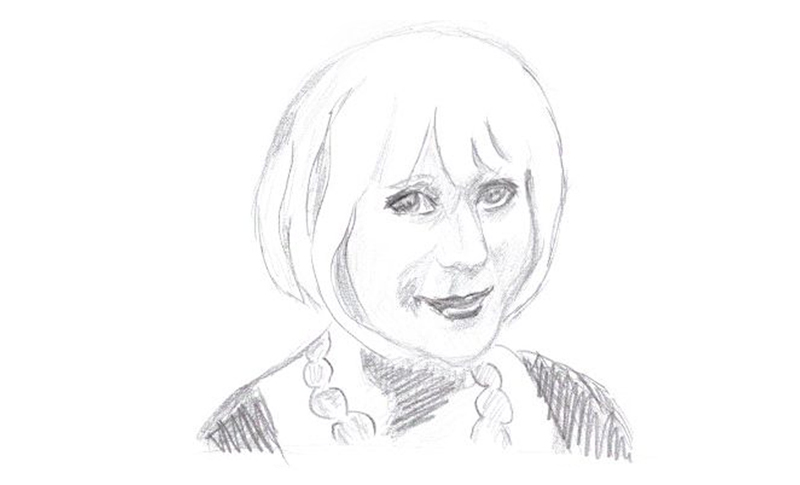A conversation about unemployment rates amongst disabled people of working age reminded me, not only how lucky I have been, but of the sheer lunacy of prejudice. If it weren’t quite so serious it would be funny.
My teenage ambition was to be a criminal defence barrister. I was not an idiot. I’d seen #Crown Court and what’s more I came from a family of lawyers and already had the wig. My aspiration was met with two questions: “How much do you weigh?” and “Have you considered basket weaving?” As careers interviews go it was not an unqualified success, even by 1970s standards. My teacher lit a cigar and picked up a copy of Playboy. The interview was over.
That was the first and last time I got careers advice. It was the first hint that the world of work may not be as eager to receive me as I was to embrace it. I would have to wing it.
My Grandmother was vocal on the subject of my future: I would have to get a job because “no man will ever marry her,” on account of perpetuating the defective gene, and my “goes without saying” sorry looks. I would need a job and social housing. The solution? Physiotherapy. I had other ideas.
Being too blind and too blond has got me into all kinds of trouble: It transpires that men are not as picky as employers, when it comes to blonds with sight loss. Having got into one very particular type of trouble I needed to get a job in order to support myself and the product of the trouble; the wonderful son. Opportunities were not thick on the ground. I winged it.
In my mid thirties I was head hunted for a job, but when I turned up on day one, I knew I was doomed. As she wielded the axe, my manager said, “I can’t put you in front on the client with your glasses. It’s so negative…. You need to do something about the way you look…. You look cheap and brassy with that hair….” It was the nineties.
Somewhat shaken by this experience I was telling a neighbour, who worked in HR. she said, “that’s terrible. How horrible.” Then she added, “I can see that you would be a health and safety risk. That’s why I wouldn’t give you a job.” Everyone knows that if you can’t see much you are far more likely to spontaneously combust. I combusted.
As I climbed the greasy pole and got my first board job a colleague expressed his surprise, that I should be elected. Ironically, he couldn’t see how I could possibly read board papers. He thought that finance must be completely beyond me. As I explained the principles of reasonable adjustments, and assistive technology, he pulled a face. “You need to see people’s faces,” he said, “otherwise how will you make a judgement?”
“On the evidence I should think.”
As it turns out, there are quite a lot of people who sit on boards who don’t feel the need to read the papers, and who are perfectly happy to put their views forward without benefit of the facts.
The evidence that glasses are negative, natural blonds look cheap (or have more fun), disabled people are a health and safety risk or that blind people can’t sit on boards or understand finance, doesn’t exist. That’s the point about prejudice. It’s not evidence based. It doesn’t let the facts get in the way.



